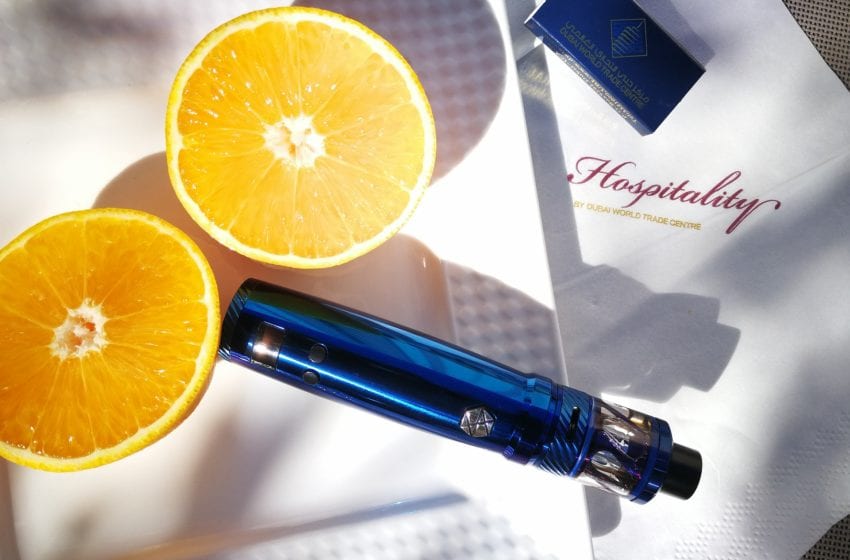Vaping products are going to be much harder to sell in Connecticut under bills that are being introduced in the General Assembly, including a ban on the sale of all nicotine products in pharmacies, and e-cigarettes within five miles of schools.

Lawmakers are also expected to reintroduce legislation from Gov. Lamont that failed in the closure of the General Assembly last March, to ban flavored vaping devices, in attempt to prevent teenagers and young adults from starting what data show can become lifetime habits, according to an article in the Middletown Press.
Several of the bills, including the outright ban on refillable e-cigarettes and vaping products in the state, have been introduced by state Sen. Saud Anwar, a physician from South Windsor who serves as vice chairman of the Public Health Committee.
“Many of the children are facing life-long addictions and we must do something,” Anwar, a Democrat, said in a Friday interview. He said that it is hypocritical for pharmacies on the one hand to be places where health aids, drugs and vaccines are available, while the nicotine-based e-cigarettes and vaping materials are in the same place.
The five-mile zone around schools would also include neighborhood variety stores and gas stations. Another bill would require Connecticut buyers of online nicotine-delivery products to produce proof of their age before transactions can be completed.
Kevin O’Flaherty, regional director of advocacy for the Campaign for Tobacco-Free Kids, said Friday said the organization’s main goal this year is to eliminate all flavored tobacco products, including cigarettes, mirroring a law that took effect last year in Massachusetts.
“We’ve got to protect kids from these flavors,” O’Flaherty said. “We really want all flavors off the market. You just have to do it that way. Smoking overall is going down. If we are serious about ending the cycle of addiction, we have to nip it in the bud. All of Connecticut’s neighbors have banned all flavored e-cigarettes, but only Massachusetts has banned flavored tobacco too.”
A spokesman for the vapor company Juul Labs, said Friday that with a customer base of one billion adults, it is committed to keeping children away from using its products, while helping grown-ups wean themselves from smoking. In September of 2019, the company ceased all marketing and advertising.
“We will continue to reset the vapor category in the U.S. and seek to earn the trust of society by working cooperatively with attorneys general, legislators, regulators, public health officials, and other stakeholders to combat underage use and transition adult smokers from combustible cigarettes,” the spokesman said.
At Puff City on River Road in Shelton, Matt Genc, a partner in the three-year-old smoke shop, says any state laws are part of the cost of doing business. He said that banning flavored vapes would hurt sales, but that the store obeys all rules. “Whatever is legal, we’re selling and whatever is not legal, we’re not selling,” Genc said in a Friday phone interview.







